AALU

AA Landscape Urbanism Masters MSci and MArch Programme
Beyond Capitalocene: Designing Progressive Landscape Futures



AA Landscape Urbanism Masters MSci and MArch Programme
Beyond Capitalocene: Designing Progressive Landscape Futures

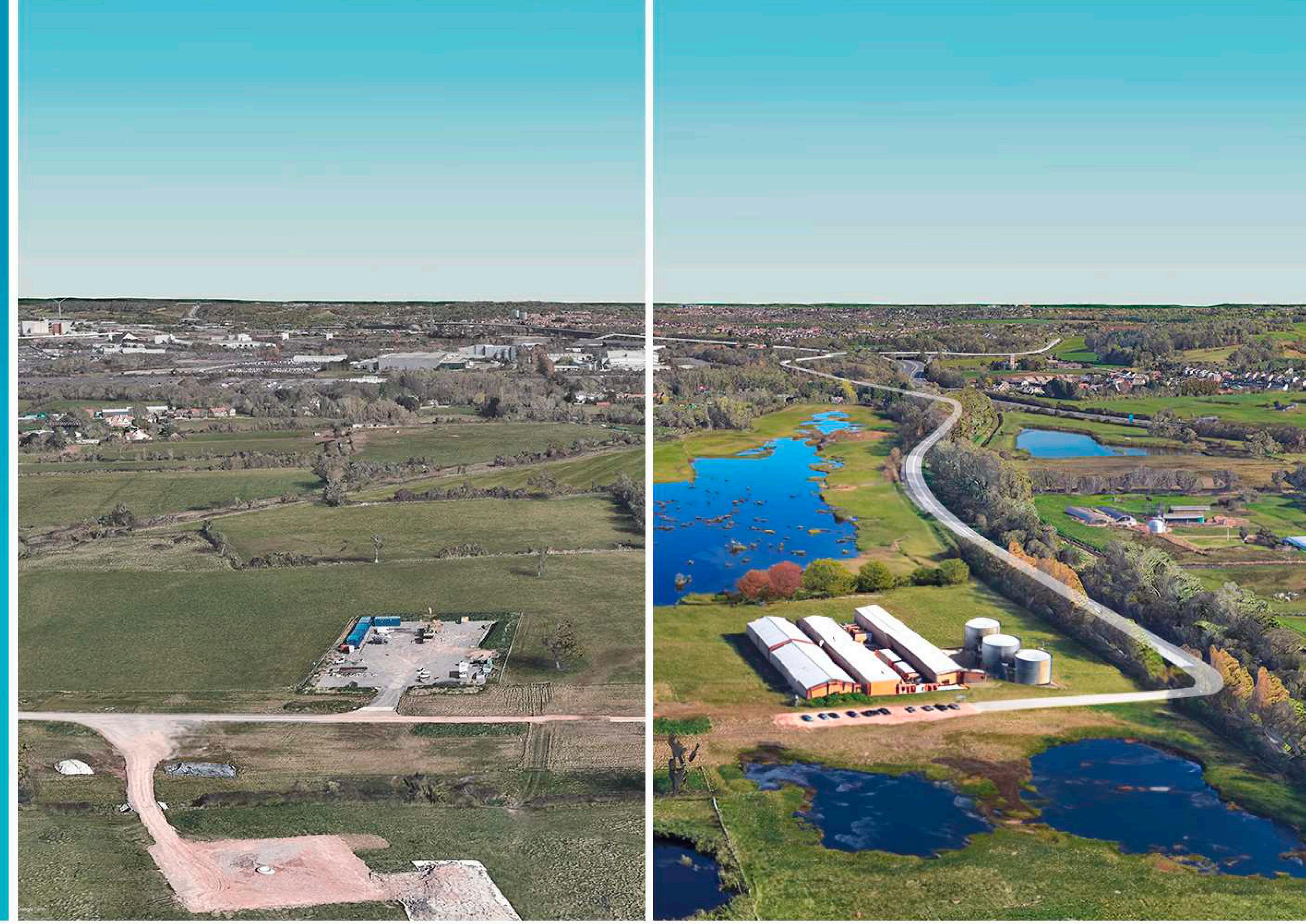
AALU explores design within and beyond normative aesthetic and performative proposals, as we confront the processes, landscapes and territories of planetary urbanisation and the environmental, racial, socioeconomic and health-related crises they have triggered. Contemporary planetary urbanisation is structured by policies that respond to the dominant capitalist system governing our societies, economies and ecologies. Beyond the design of single buildings, LU develops spatial policies that directly impact urban and rural landscapes : design strategies and models, innovative regulatory plans and visual decisionmaking tools that integrate design within world-ecology frameworks.
To do so, we have built collaboration agreements with public bodies in UK, think tank organisations, design practices and farms. The programme methodology weaves critical thinking with cartographic technologies (Remote sensing, GIS, coding, simulations, interactive mapping), tools (drones and microscopes) and visualisation engines (e.g. Blender, Lumion). Our graduates are sought after by both large multidisciplinary firms like ARUP and independent research offices as well as public organisations and policy think tanks.


that directly impact landscapes to develop, organizational models, innovative regulatory plans and visual decision-making tools with the capacity to integrate design within world-ecology frameworks .
Landscapes bring to the fore the productive landscapes and landuse conflicts behind planetary urbanisation processes. This concept makes visible the web of commodity chains and the ecologies of dependency between rural and urban landscpes and core and periphery relations.
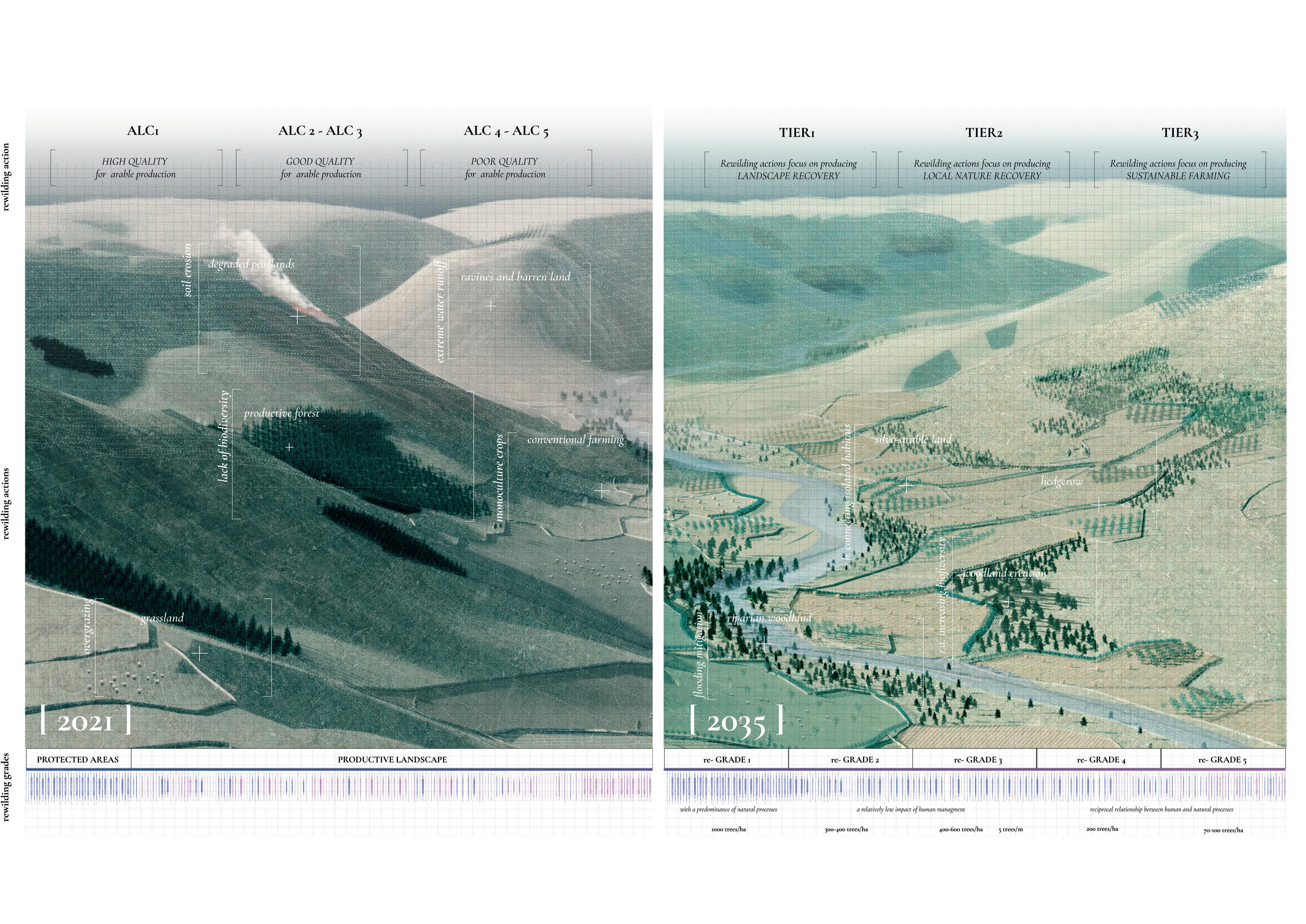
as methods for long-term research on novel forms of cartographical representation, socioeconomic analysis, and landscape dynamics simulation.
Transdisciplinary Engagement integrating critical thinking at its core and knowledge coming from practices including policymaking, political ecology, cartography, environmental history, ecological economics, scripted simulations and participatory tools through agreements and collaborations accross different sectors.
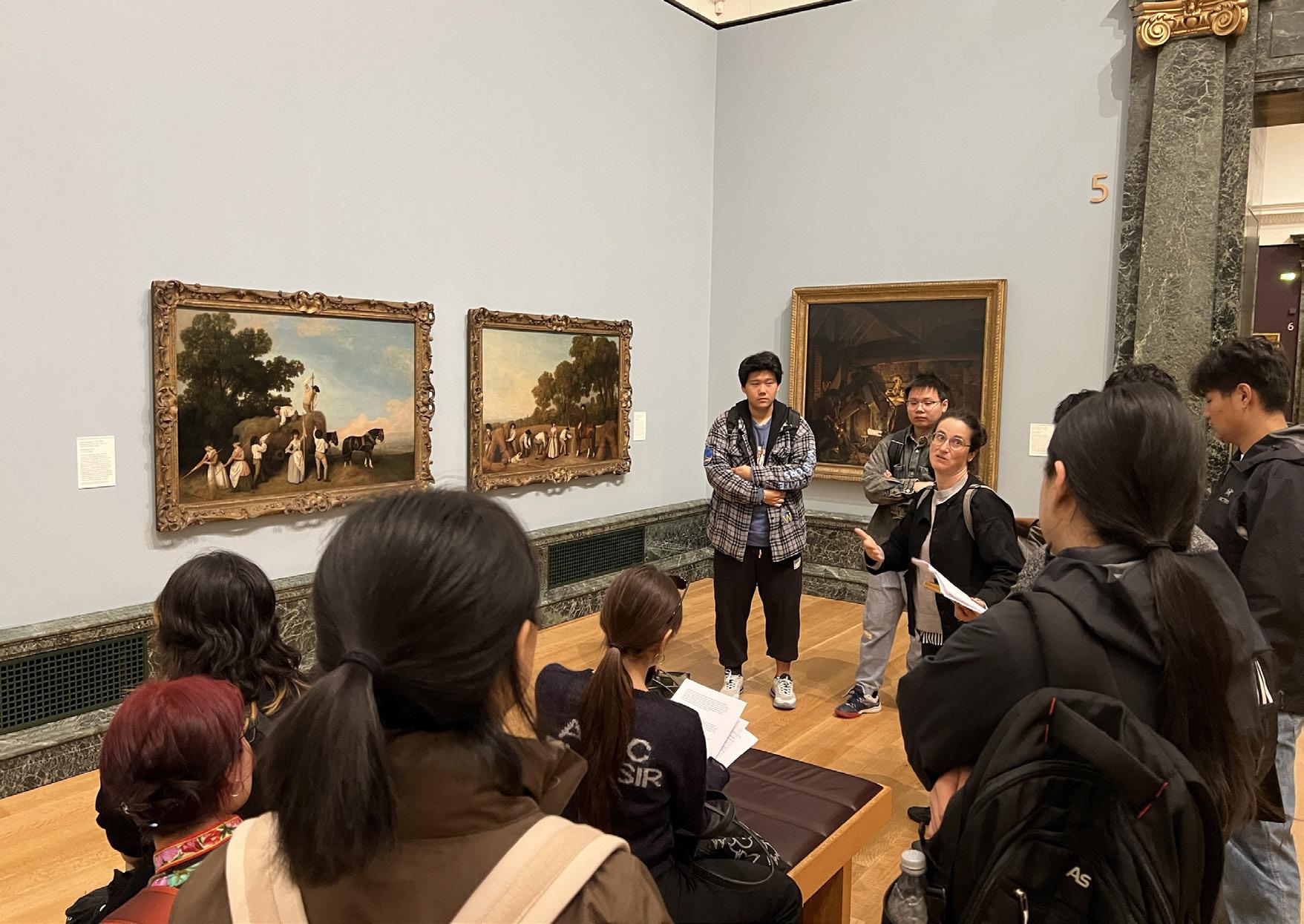
Landscape seminars
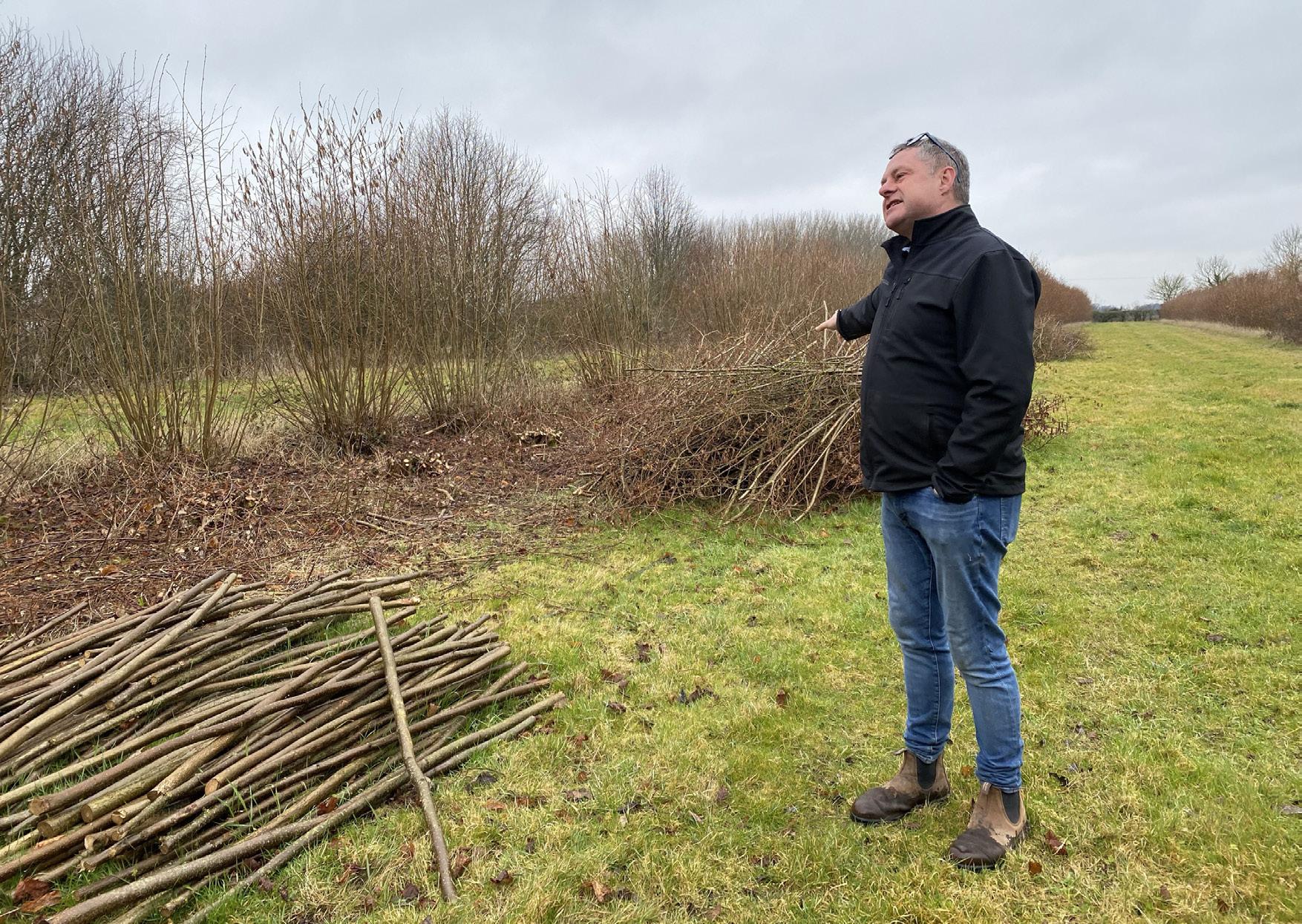
Field trips


Cartography seminars
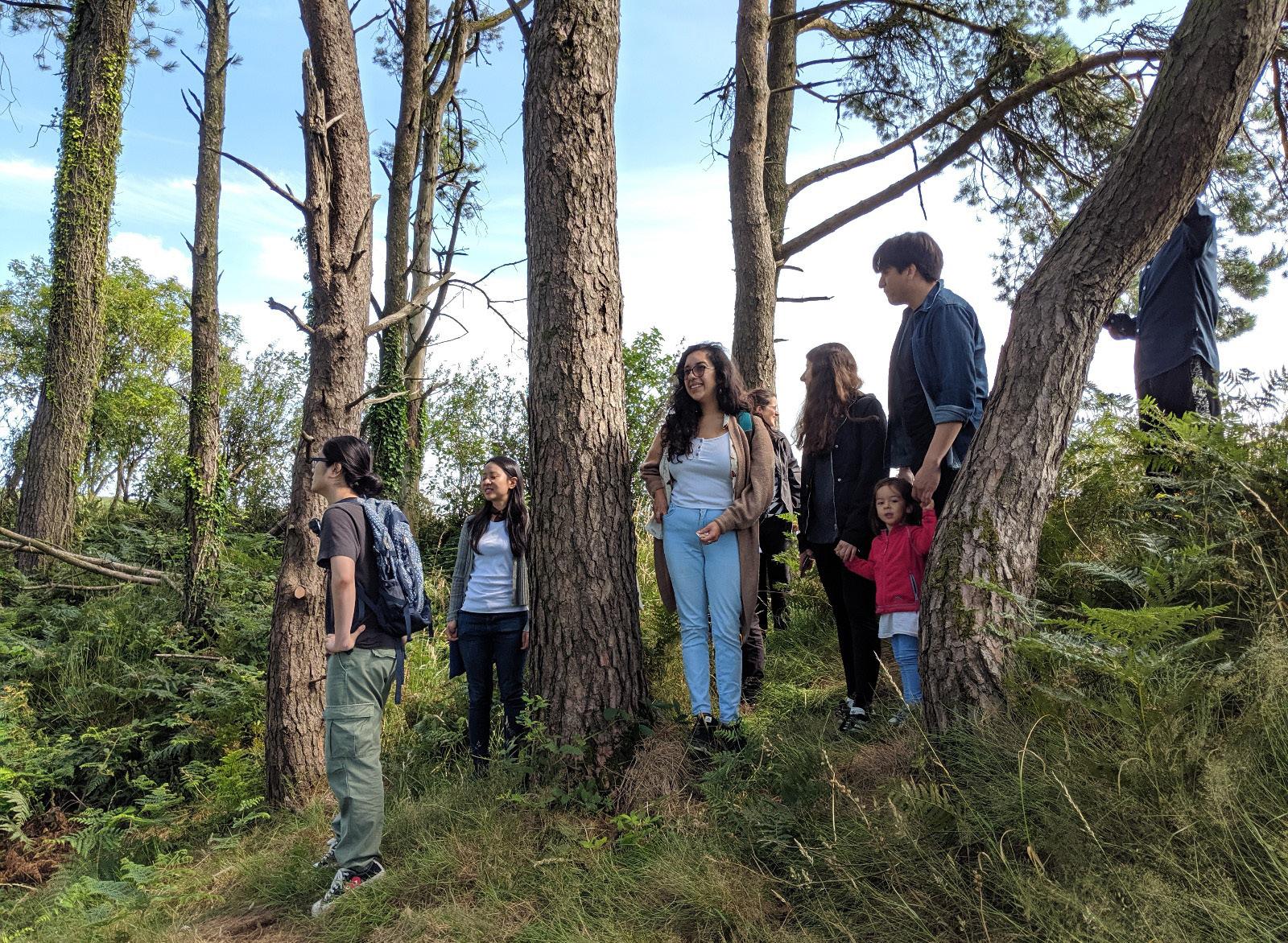
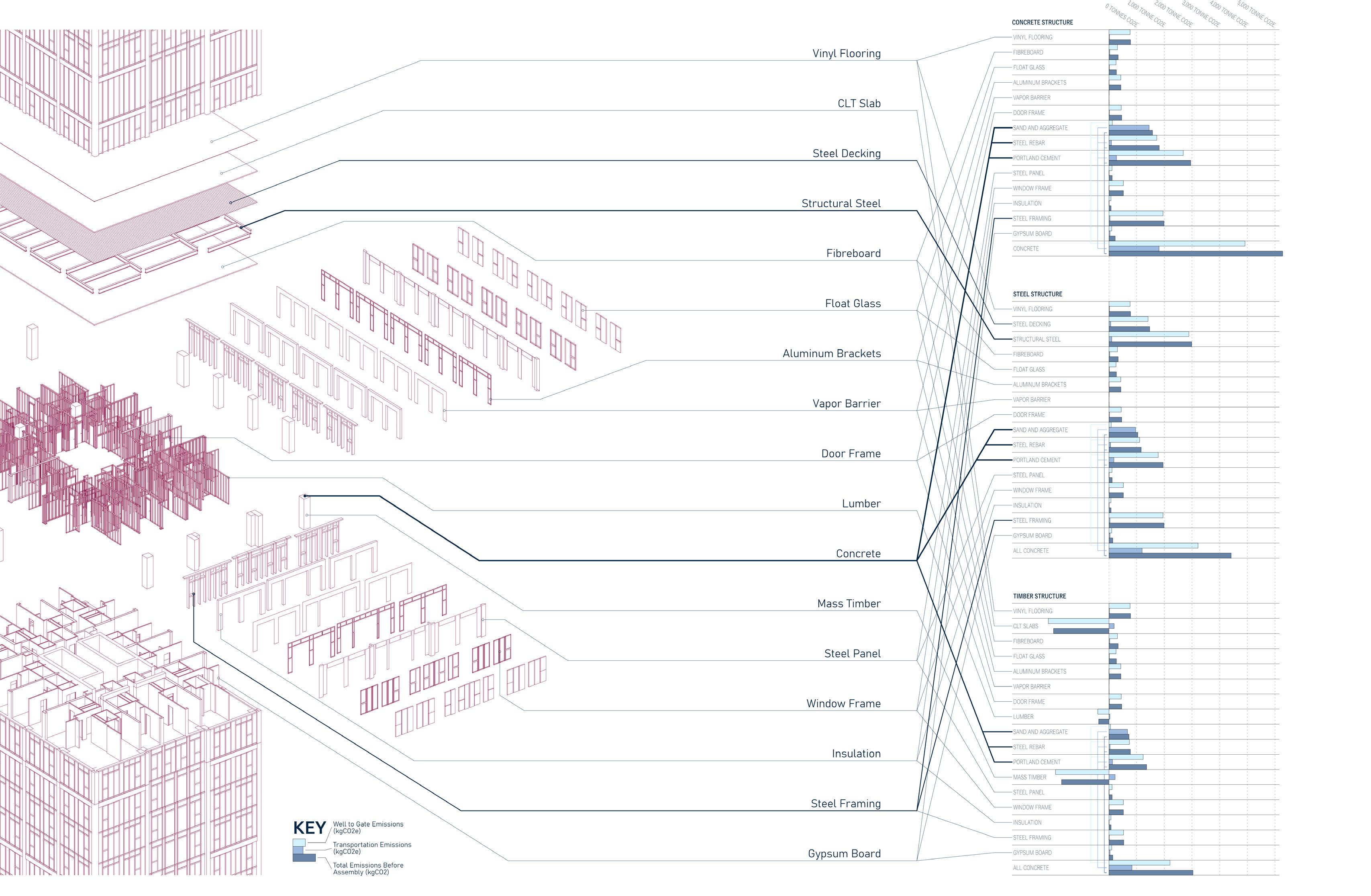

MSc in Landscape Urbanism (12 months) MArch in Landscape Urbanism (16 months)
The number of hours and credits are identical in the MSc and the MArch, but their distribution over time, type and scopes of projects are different. Students from both degrees share a substantial proportion of their course and development up to term 3. Afterwards projects will move forward and develop their independent separate design proposals aligned with their specific degree.


The Term 1 design studio provides students with an understanding of planetary urbanisation processes and contexts such as land grabs, land speculation, geomorphological processes and environmental emergencies, as well as the landscape techniques that inform the LU project methodology. These sessions reveal the processes and dynamics behind current modes of planetary urbanisation, enabling students to imagine, design and project unconventional forms of territorial organisation and to offer radical alternative scenarios. These alternative models and scenarios rely on landscapes’ capacity to host, resist and modulate the struggles and contradictions between environmental and sociopolitical forces that exist within specific territories.
This lecture and seminar-based unit is concerned with the ways in which the intersections and interactions of landscape and urbanism have been thought, modelled, designed and analysed. This will introduce students to different ways of critically engaging with these matters, enabling them to build an understanding of the potentials and drawbacks of landscape urbanism. This, in turn, supports students’ practice and development, and informs their work in other studios.
This workshop highlights the relationship between policymaking and design, and enables students to understand how these processes have shaped most of the landscapes we inhabit. Students will create physical models and explore stop-motion animation techniques to visualise both the impact of existing and progressive policies as well as the benefits or damage they could cause. Through these models, students will explore future scenarios that describe how alternative policies can build fair and equitable landscapes for the benefit of local communities.
This workshop will develop students’ understanding of the processes behind contemporary planetary urbanisation. Sessions explore cartographic techniques and introduce ways in which students can visualise the multiple forms of socioeconomic and political organisation, as well as the spatial configurations produced by current models of urbanisation. This workshop will be supported by the London Mining Network and the Visual Investigations Team from the Financial Times.
In this workshop, students develop a web platform that disseminates proposals and offers a way to engage different stakeholders in the development of a project linked to Green New Deal policies. The workshop is supported by a series of introductions to scripting languages and other software that will aid in the platform’s development.

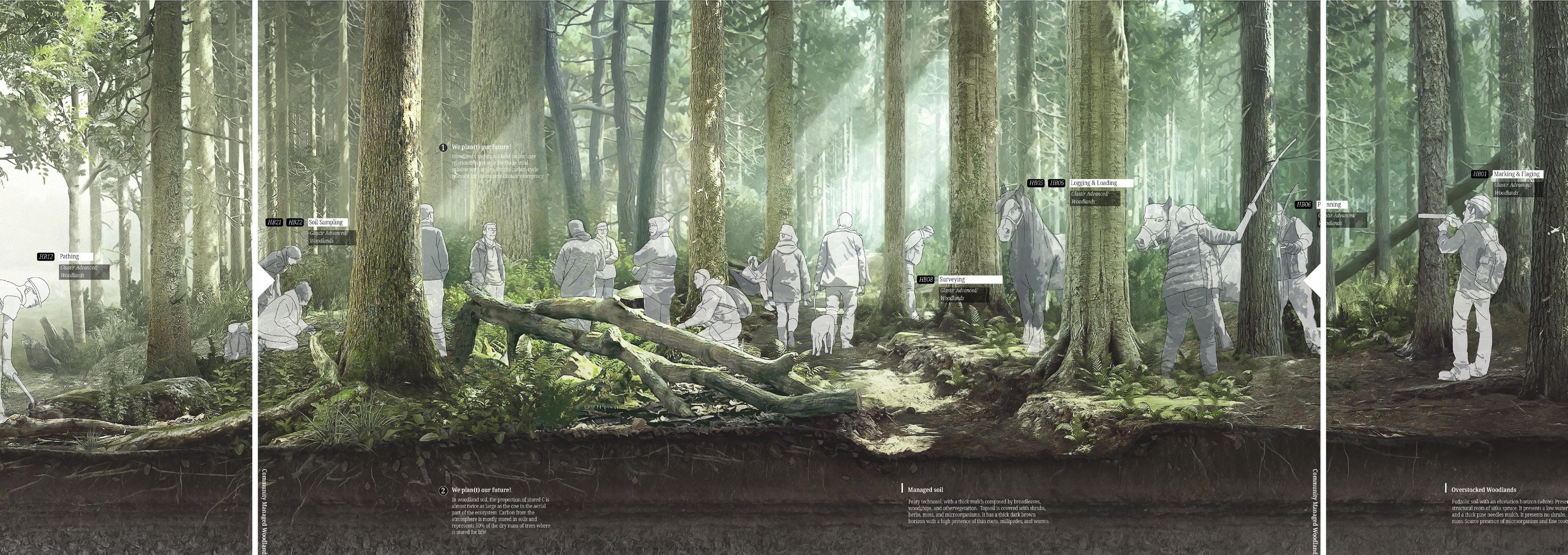
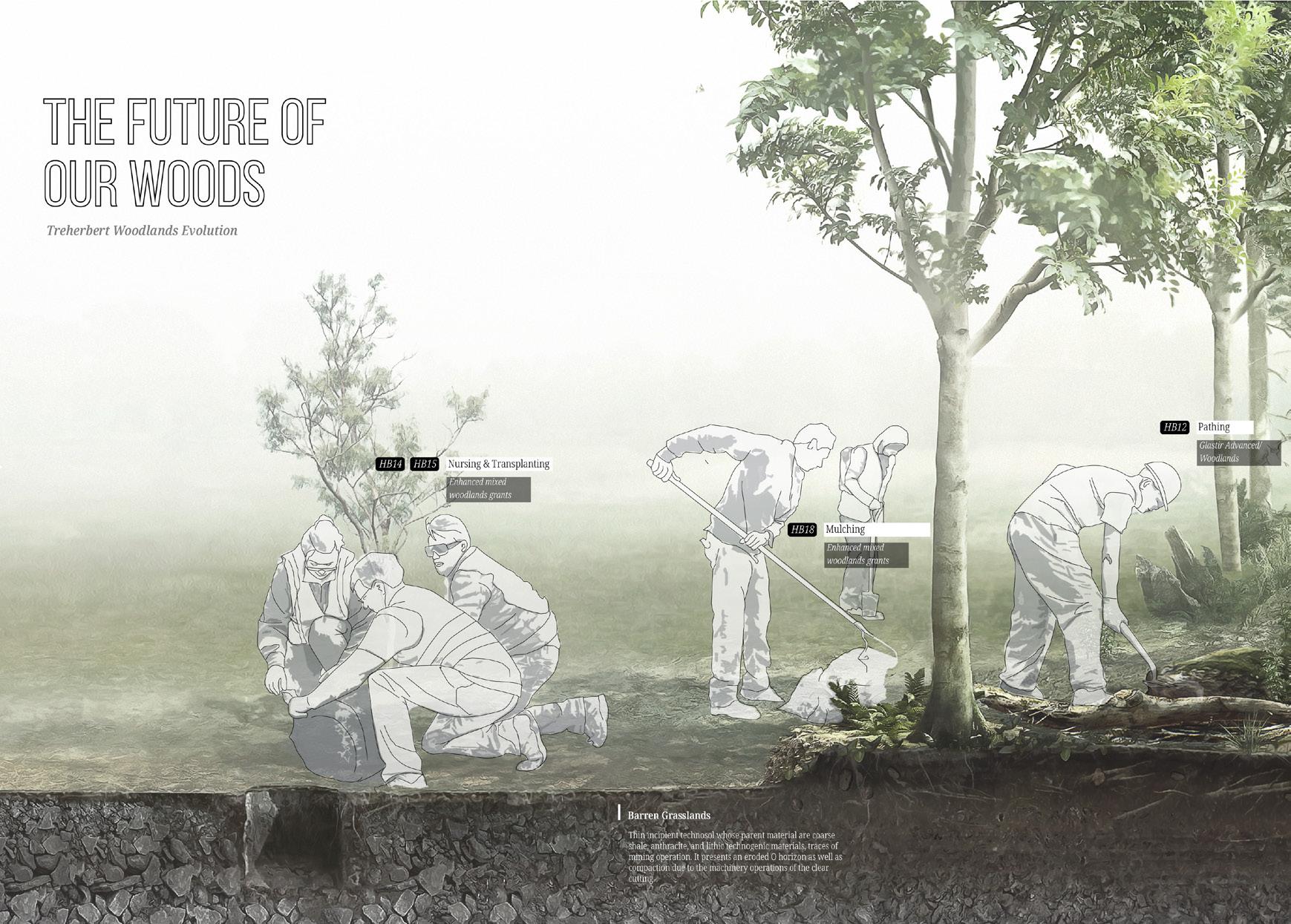
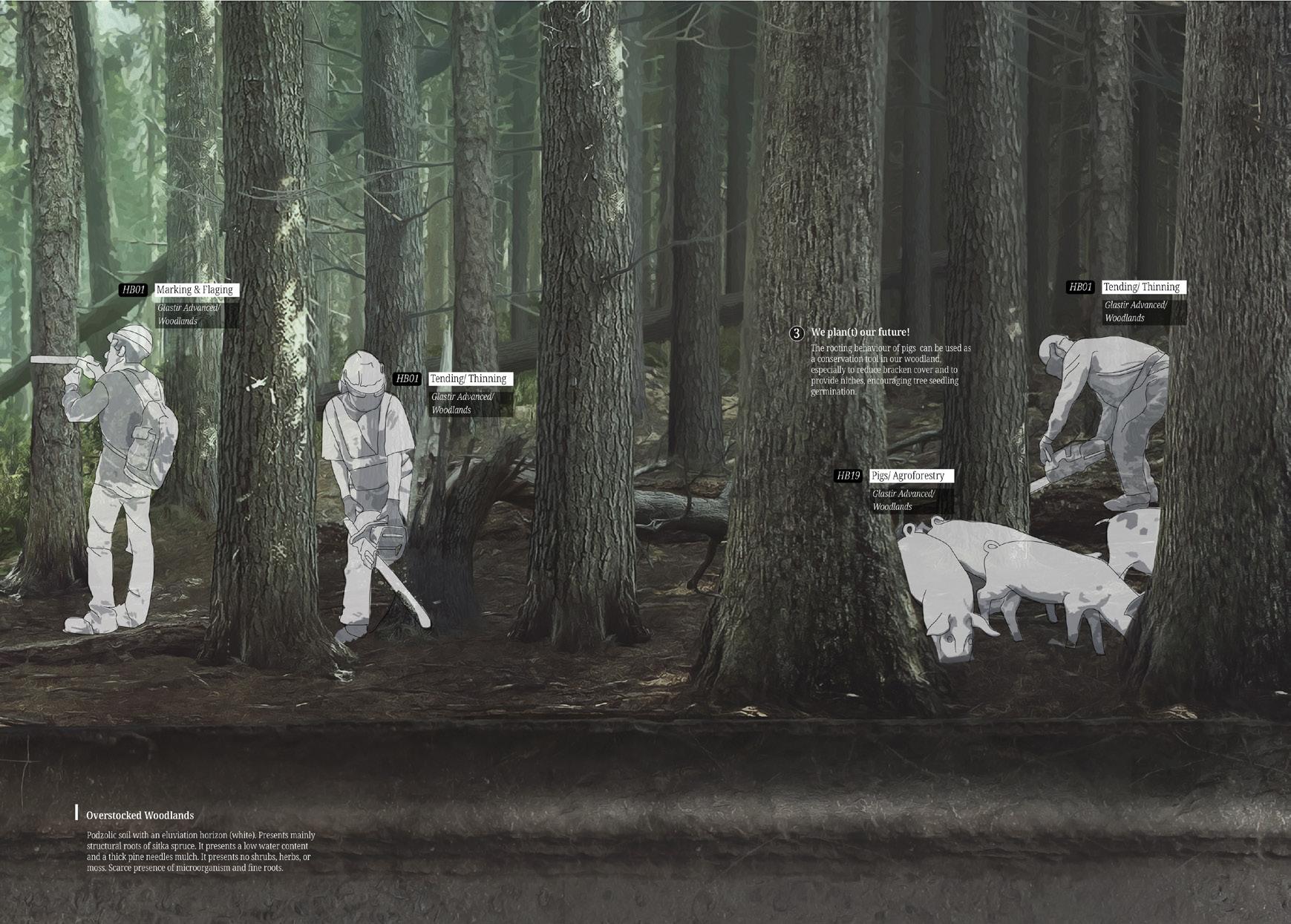
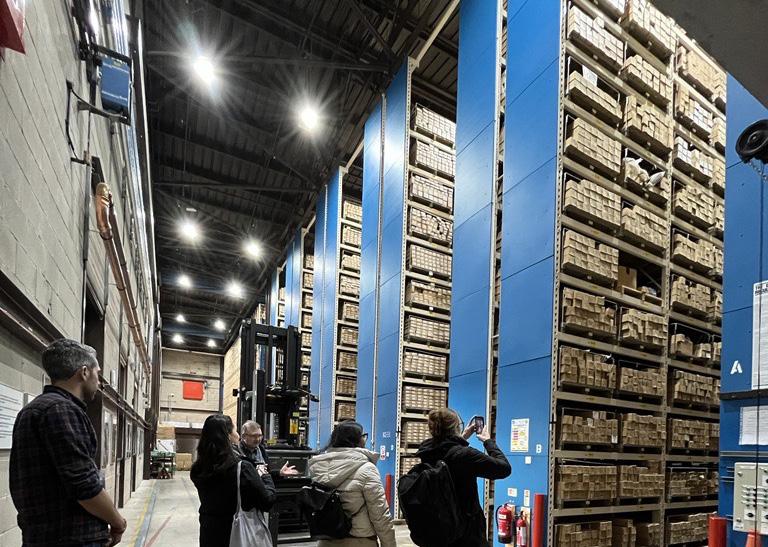

This studio enables students to develop the basis for a research-by-design thesis. We provide a research methodology and thesis topics. Students’ research considers geomorphological processes and social and territorial formations, exploring historical and contemporary forms of cartographic representation such as maps, videos, simulations, dynamic cartographies, webapps, etc. These methods are the main tools through which we design and project alternative forms of territorial organisation. Students will develop detail designs of landscape and architectural typologies, spatial policies, organisational territorial models, regulatory plans and visual decision-making tools that form part of the final dissertation.
It focuses on key moments and practices in the historical development of cartography and its use as a representational device. We explore methods of mapping in terms of their uses, implications and potentials, and this enquiry informs the creation of a cartogenetic manifesto by each student, as well as the writing of their final project thesis.
The seminar introduces students to the concepts, methods and techniques of policymaking, drawing on expertise from design and the social sciences to highlight the possibilities of policymaking as a spatial practice. Students will examine how policies design landscapes in lecture-based sessions which are followed by practical workshops. These sessions will begin by showing students how to dissect policy documents, academic publications, reports, manuals and evidence-based data. Subsequent workshops will provide the opportunity for students to design policy memos: official documents that synthesise key information. Students will identify and explain the constituencies, processes and instruments that design a landscape, and will develop a critical position supported by graphic evidence.
Students use the 4-week Easter break to visit their sites, talk to local stakeholders and
Students develop their final dissertation over the final two terms of the programme. They will explore modes of documentation that extend beyond the fixity and stability of master planning, allowing their proposals to operate protectively and subversively.
After research into cartographic production – encompassing forms such as atlases, cartographies, interactive tools and digital simulations – students produce design manuals and progressive policy proposals, followed by a detailed design development of a given scenario. Students develop project scenarios that set out the specific outcomes of their proposal within a given context and timeframe in the UK.
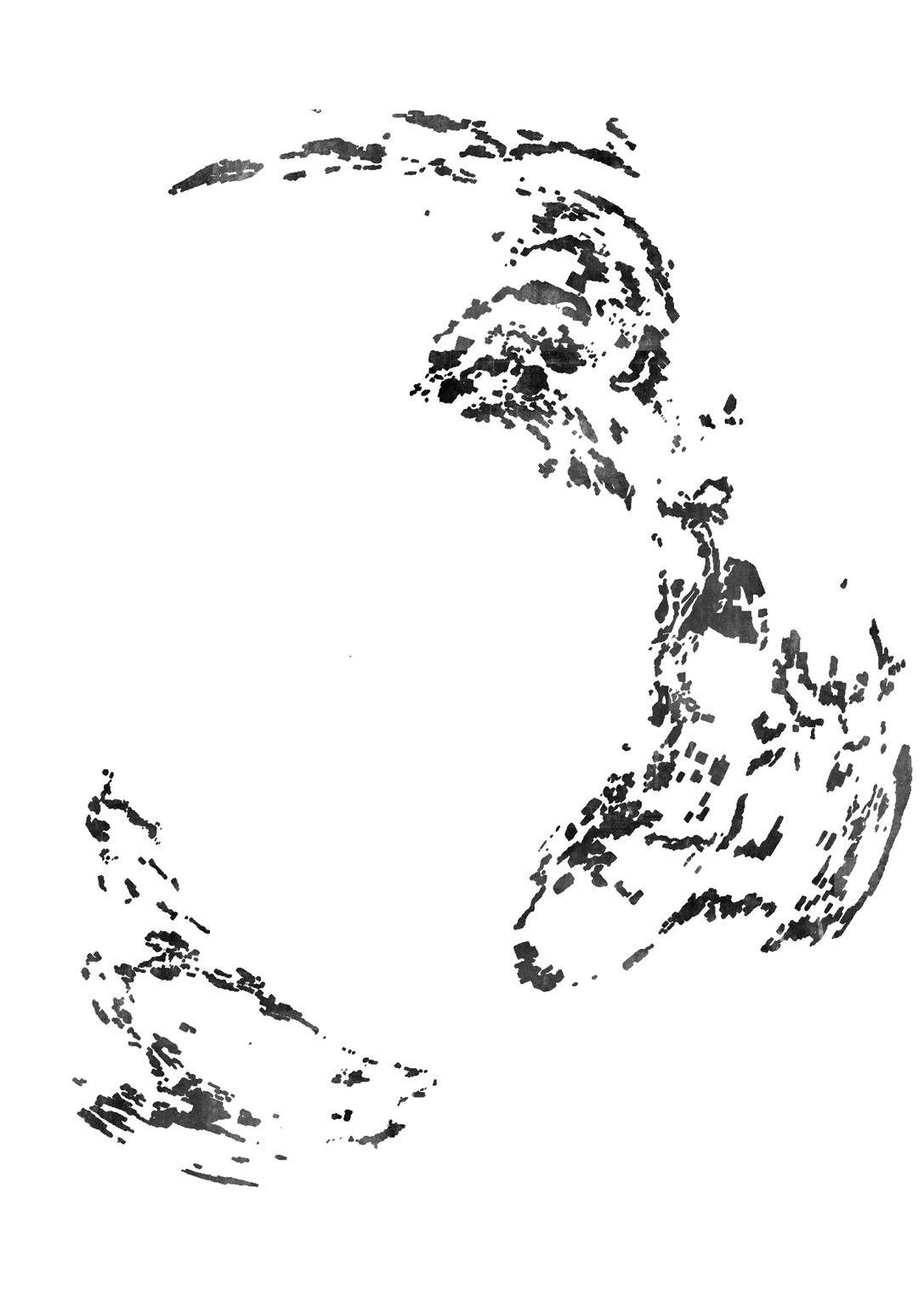
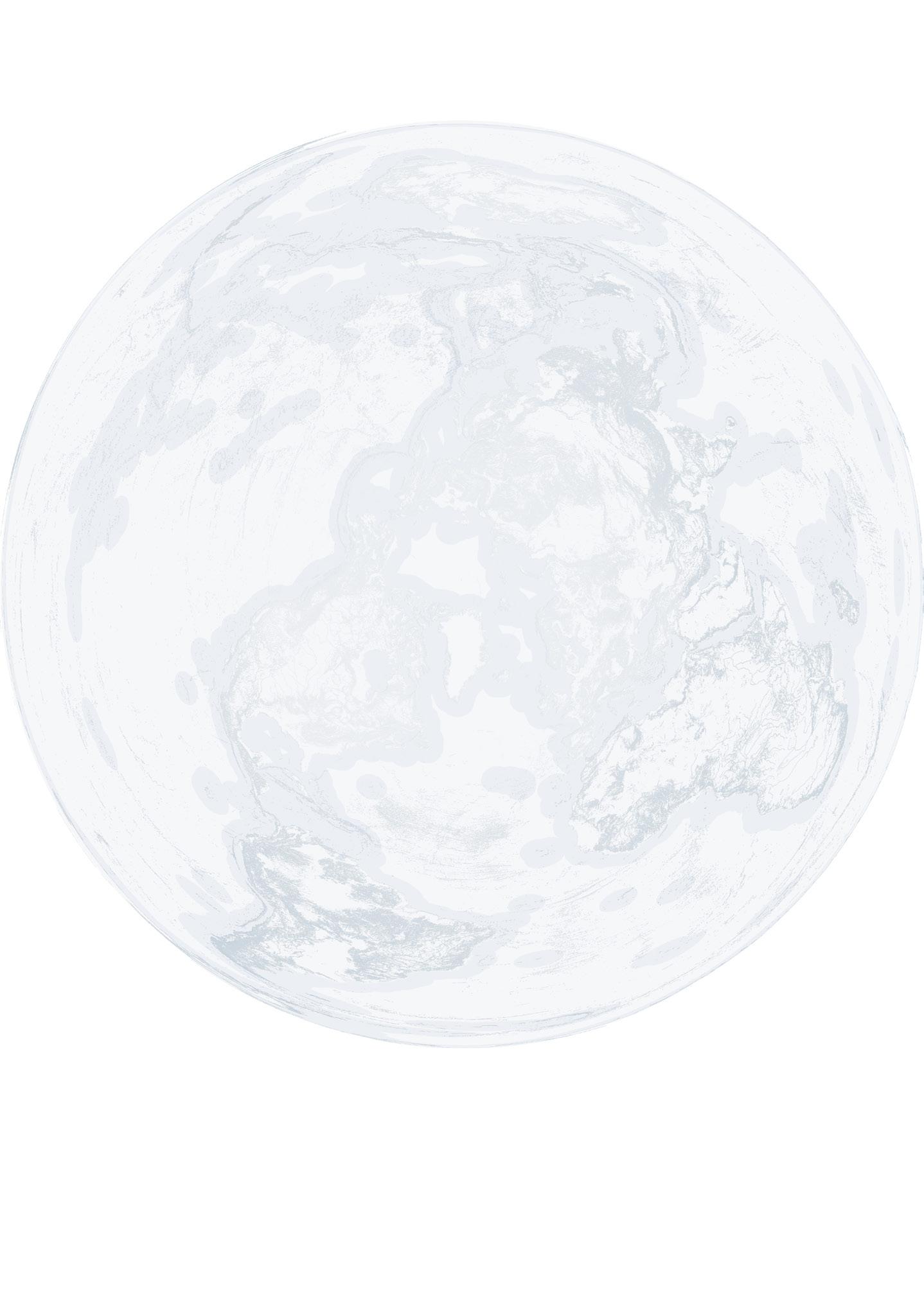
Just Transition 2019-2020
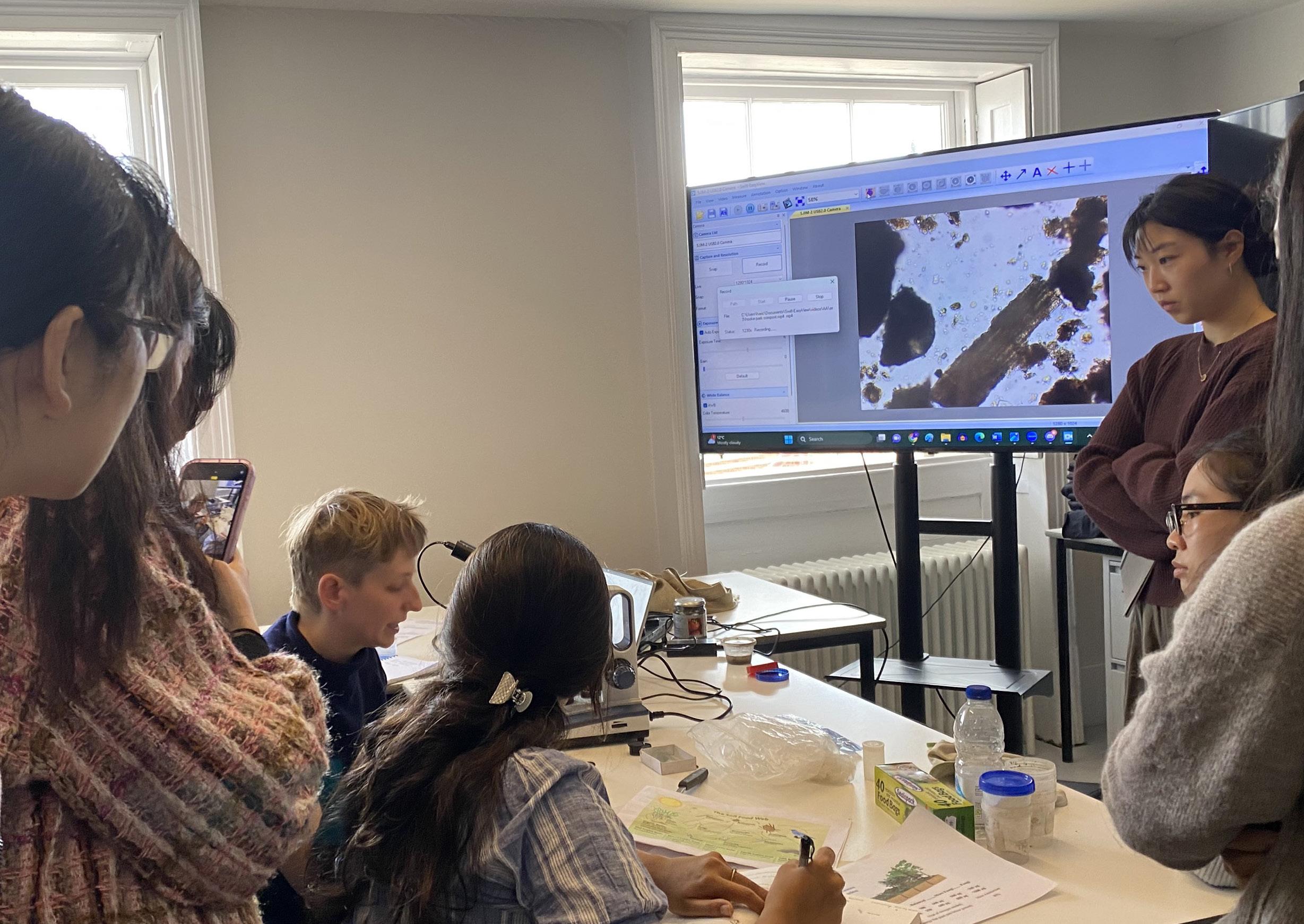
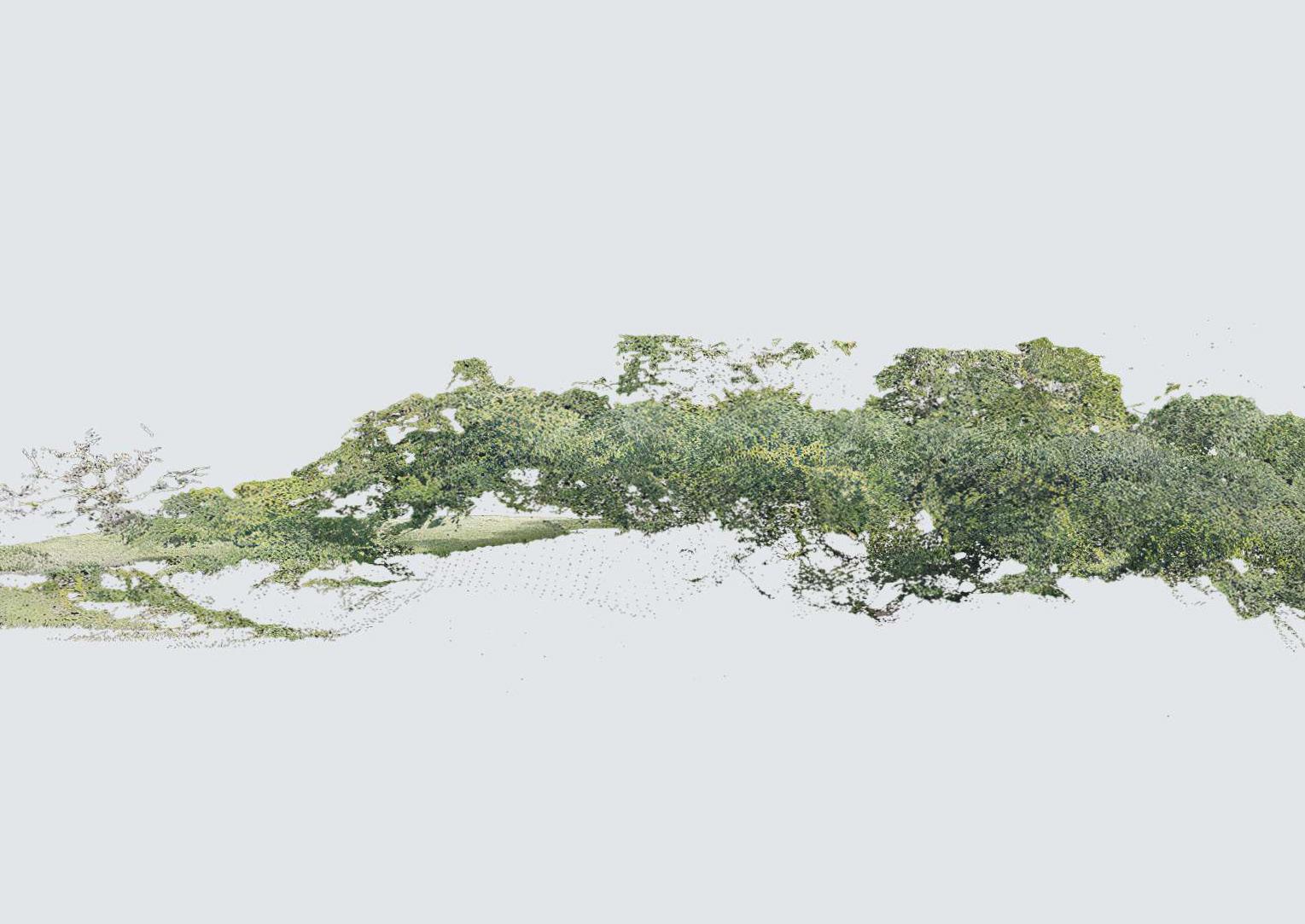


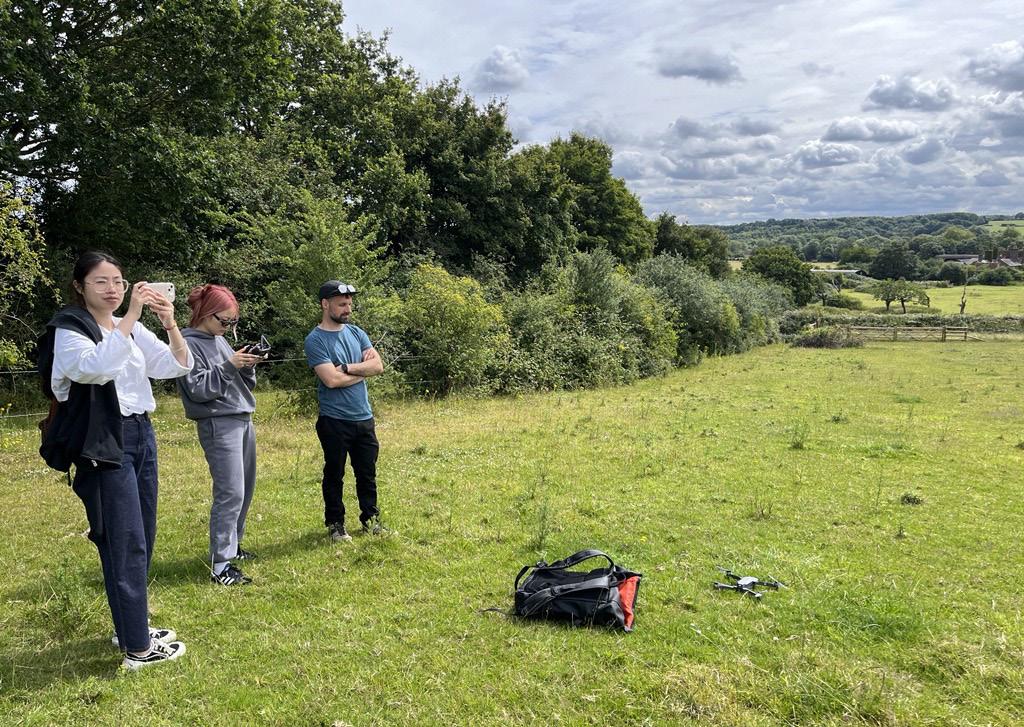


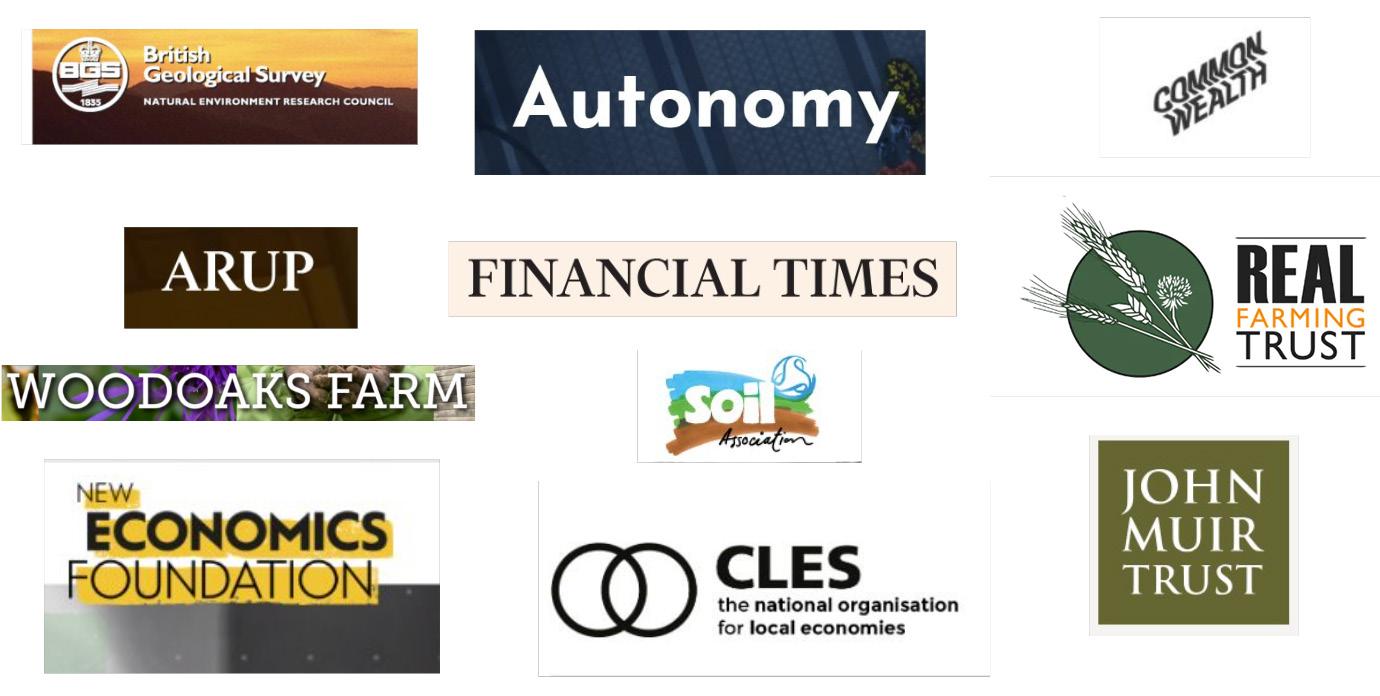


The AA offers means-tested bursaries to new Taught Postgraduate programme applicants who demonstrate exceptional promise and financial need. Bursaries can cover half a term, one term, one and a half or two terms of the tuition fees. https://www.aaschool.ac.uk/admissions/ feesandfinancialassistance
Please note!
Those who wish to apply for AA Financial Assistance offered in the form of a bursary or scholarship must first complete their online application form to the course / programme of their choice and tick the relevant box regarding financial assistance by the early application deadline Friday 24 January 2025.
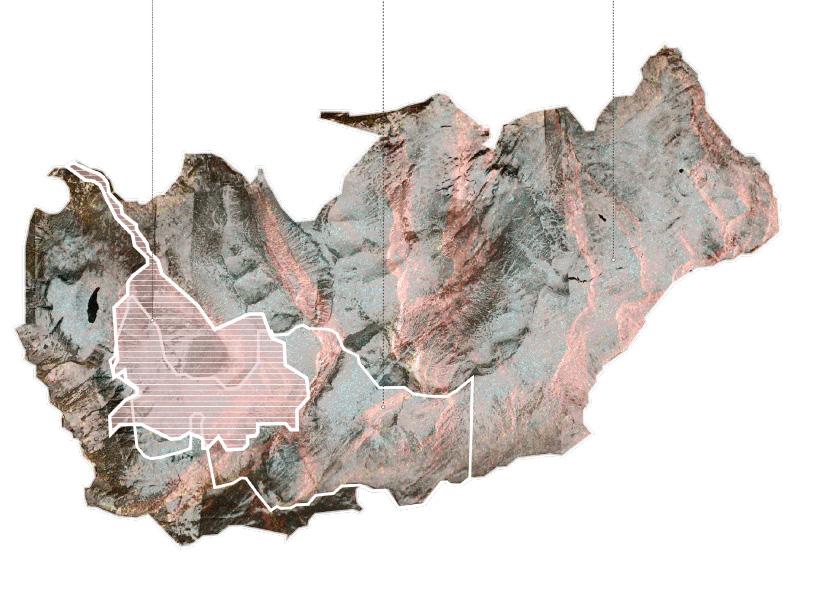
At the end of the programme, students are expected to work as design professionals capable of handling large-scale, trans-disciplinary projects with particular expertise on the spatial impacts policies have in the landscape design and dynamics applicable to a variety of professional disciplines such as architecture, landscape architecture, urban design and planning as well as develop skills to collaborate with organisations and think tanks working on the design of progressive policies. This list highlights some of our graduates positions.
ARUP
Foster + Partners
AECOM
Gustafson, Porter,
Bowman
Hopkins
Architects
Academia
Architectural
Association
Tu Delft
Bartlett School of Architecture
IUAV, Venice
Harvard University GSD
Royal College of Art

Independent & Research Practices
Groundlab
LBM
IM-A studio
Public Bodies
City of Fremantle
British Geological Survey
Public Practice
UK GBC
Investigative
Journalism
The Wall Street Journal
And many more



We explore the connections between design and policymaking; between productive hinterland landscapes and urban consumption within the context of the following research themes:
Retrofitting Urbanism and Biobased Materials
Agroecological Urbanism: Connecting growing and living spaces
Blue Commons Urbanism
Climate and Environmental Justice Urbanism and Transitions
Consequential Landscapes: Investigative Critical Cartographies
Design Implications of Progressive Procurement Policies (Community Wealth Building) and Alternative Land and Asset Ownership (i.e. Public-Common-Partnerships
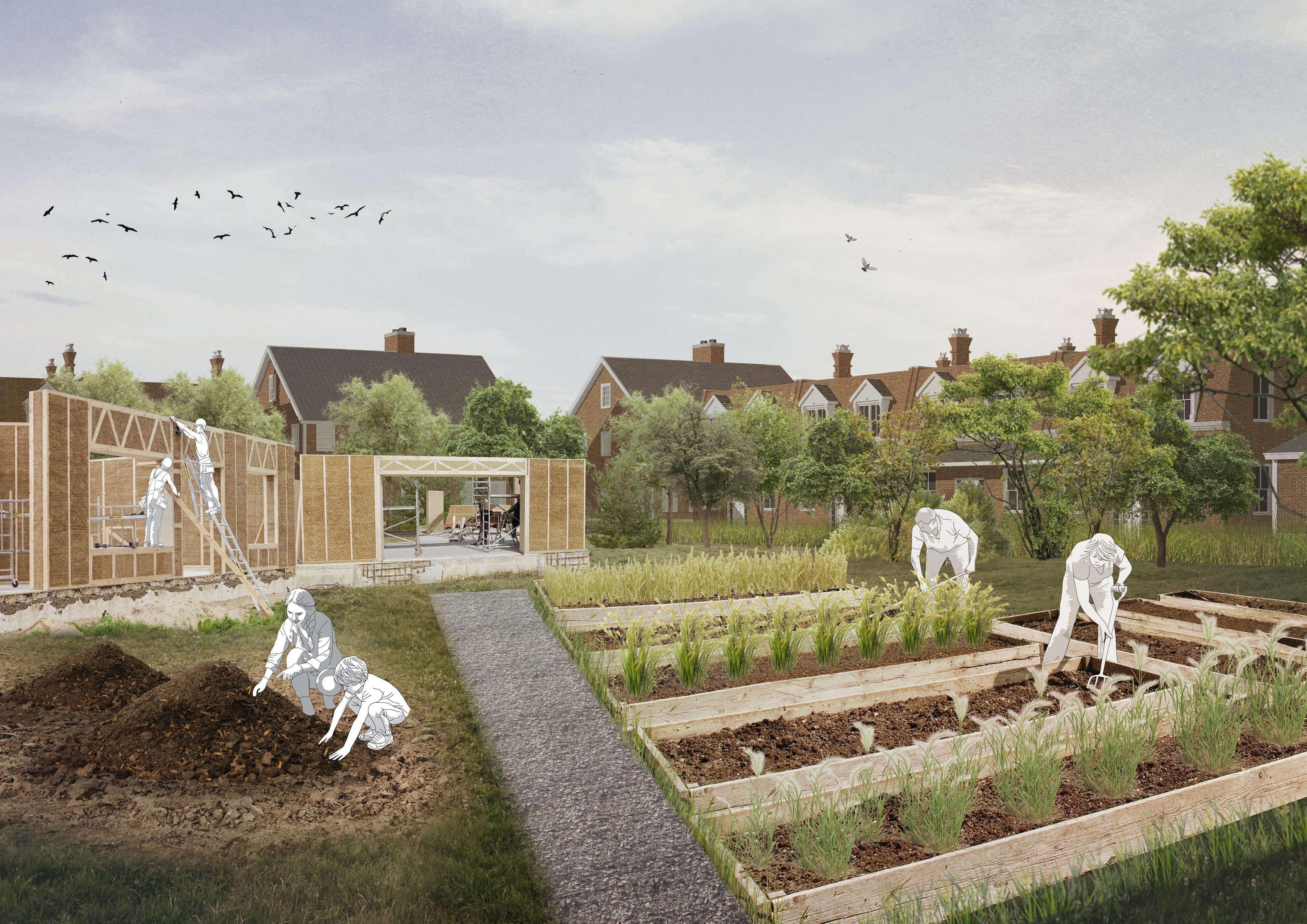

Applications:
https://www.aaschool.ac.uk/admissions/postgraduate
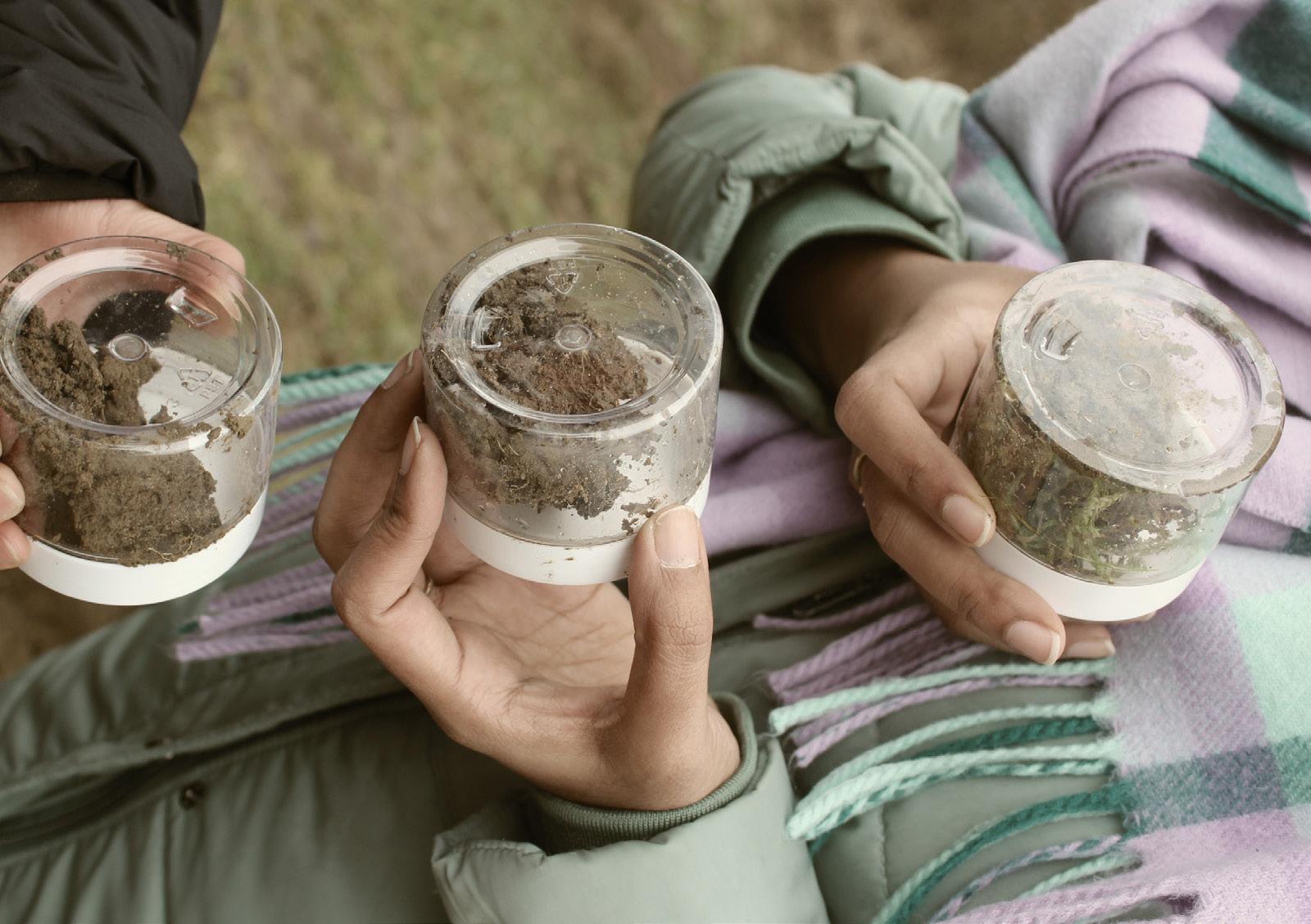
https://www.aaschool.ac.uk/academicprogrammes/postgraduate#Landscape_Urbanism
https://landscapeurbanism.aaschool.ac.uk/ Financial Support:
https://www.aaschool.ac.uk/admissions/feesandfinancialassistance
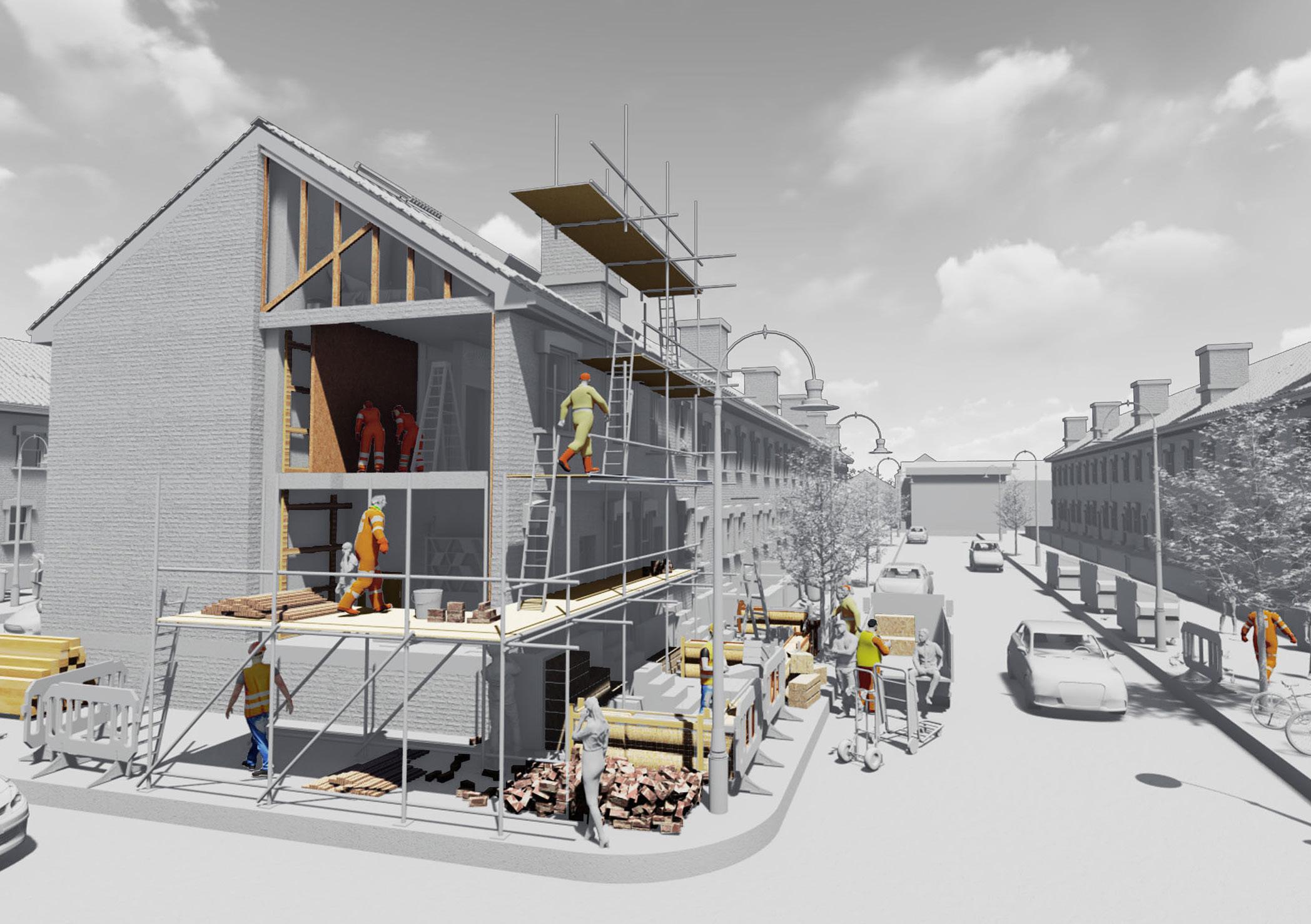

Exemplary theses:
https://issuu.com/aalandscapeurbanism Published work https://www.wiley.com/en-us/
Green+New+Deal+Landscapes-p-9781119743255 https://actar.com/product/landscape-as-territory/ https://www.wiley.com/en-us/
Green+New+Deal+Landscapes-p-9781119743255 https://www.johnmuirtrust.org/whats-new/ news/1346-building-connections-with-re-peatscotland https://neweconomics.org/2019/12/the-british-government-is-fuelling-climate-disaster